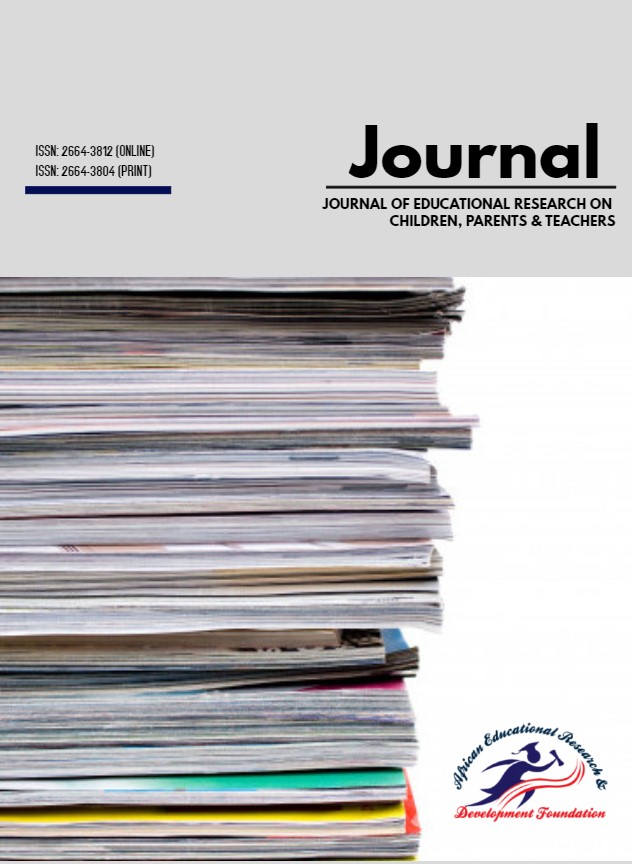S’lungile K. Thwala, Yinusi. A. Faremi, Davison Makondo & Sakhile Simelane
Educating learners with diverse educational needs in a mainstream classroom comes
with its pros and cons. This study investigated factors affecting teachers’ implementation of inclusive education in mainstream secondary schools in the Hhohho region of Eswatini. Three mainstream schools were purposefully selected for this qualitative study. A multiple case study design was employed while focus group discussion, individual interviews and observations were used for generating data. The sample size comprised 21 participants who all took part in the focus group discussions (FGD), while 9 out of the sample size were individually interviewed. Five (5) observations were also conducted. Data were thematically analysed. The results indicated that lack of training mongst most educators was the main factor hindering the effective implementation of inclusive education in mainstream schools. It was concluded that educators’ inability to identify and handle learners with special needs in mainstream classroom has been a drawback towards achieving the inclusion goal. The study recommends the importance of examining ways in which inclusion can be managed in mainstream secondary schools to ensure that all learners meaningfully participate.
Keywords: Eswatini, factors, implementation, inclusive education, mainstream schools,
special education needs
Publication Date:
10/2024
Volume, Issue and Page Number:
Vol.5, Issue 2, Pgs. 259 – 278
License:
Abstract
[Full Article]
Department of Educational Foundations & Management, University of Eswatini, Kwaluseni Campus.
Email: sskthwla@uneswa.ac.sz

Subscribe To Us
You can subscribe to articles by our contributors and authors by filling in the form with your email address. Your research interest is our interest.
Designed & hosted by Be IT Specialists

